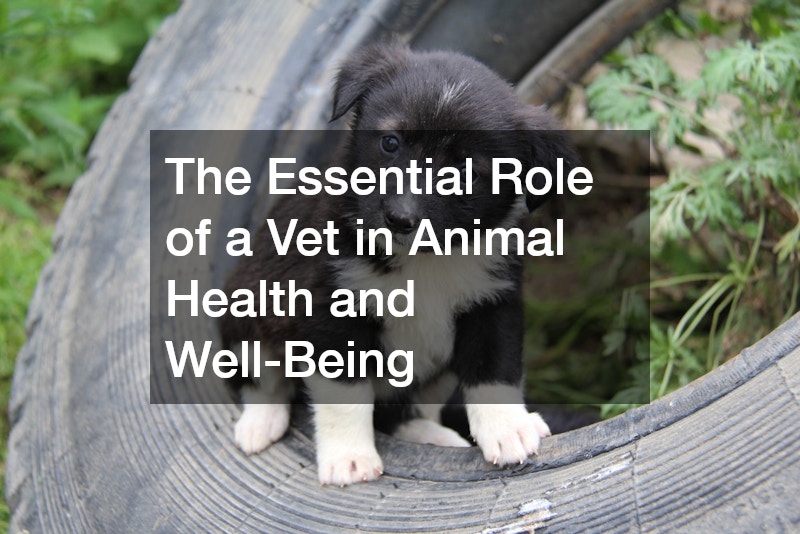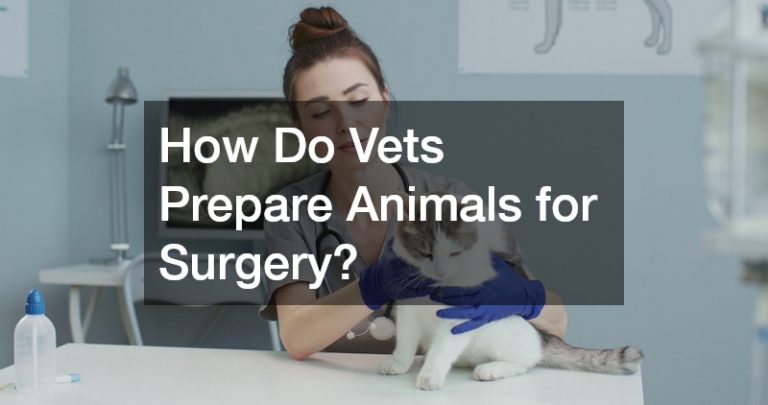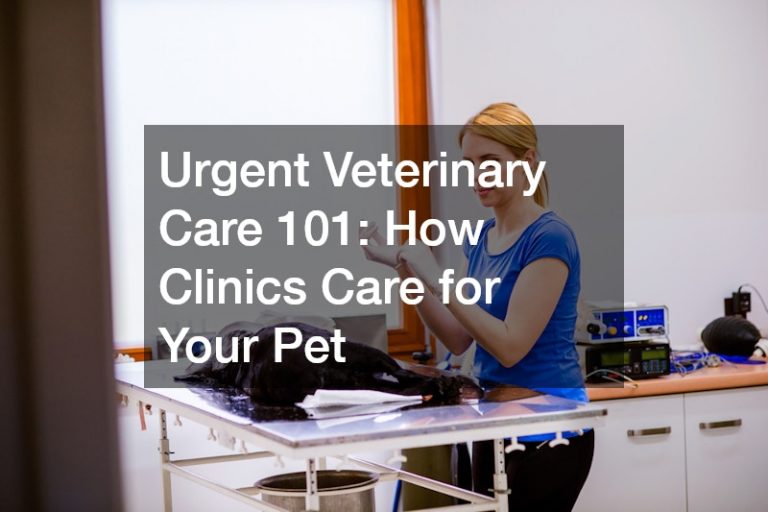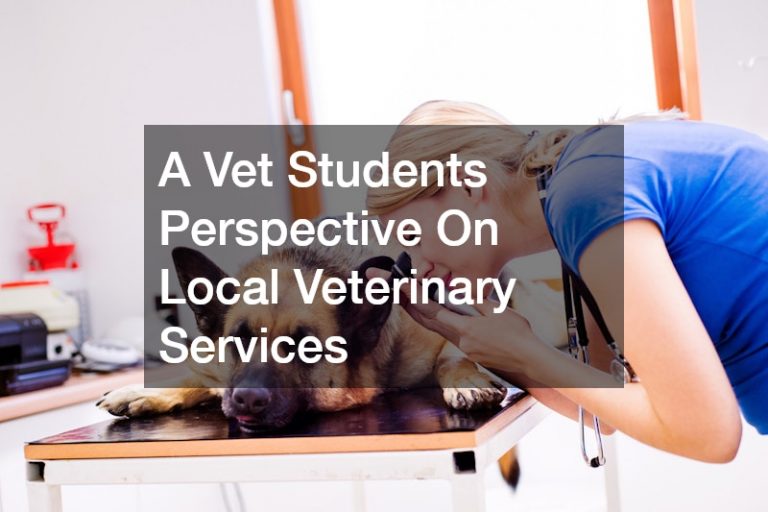

The role of a vet extends far beyond administering medicine or treating illness. Vets serve as the guardians of animal health, advocates for responsible pet ownership, and key contributors to public health and food safety. Their work touches every aspect of life where animals and humans intersect, from household pets and livestock to wildlife conservation.
Understanding the depth of this profession highlights why vets are indispensable to both communities and individuals.
Protectors of Animal Health
At the core of their work, vets are committed to keeping animals healthy. They diagnose illnesses, develop treatment plans, and provide preventive care that ensures pets and livestock live longer, healthier lives. Regular checkups allow vets to detect early signs of disease before they become severe, while vaccinations protect against common and potentially deadly conditions.
Preventive care also includes advice on nutrition, exercise, and overall wellness. Pet owners often rely on a vet’s expertise to make informed decisions about diet, supplements, or lifestyle changes that best suit an animal’s needs. In livestock, these measures ensure not only the health of the animals but also the productivity of farms, which affects food supply chains.
Partners in Responsible Pet Ownership
For pet owners, a vet acts as both a medical professional and an educator. Every animal has unique needs based on species, breed, age, and lifestyle. A vet helps owners understand these needs, whether it is the specific dietary requirements of a rabbit, the exercise needs of a herding dog, or the environmental considerations for a reptile.
Vets also guide pet owners through important life stages, from selecting the right pet for their family to providing geriatric care for older animals. They answer questions, dispel myths, and ensure pet owners have the knowledge to provide the best possible environment for their companions. This ongoing support builds trust and creates a partnership between the vet and the community.
Animal Welfare Advocates
Beyond the clinical setting, vets play a crucial role in safeguarding animal welfare. They are often the first to recognize cases of neglect, abuse, or unsafe living conditions. Through their training and authority, they can advocate for animals that cannot speak for themselves.
Many vets also participate in community programs that promote spay and neuter initiatives, adoption efforts, and humane treatment of animals. Their advocacy not only benefits individual pets but also reduces the population of stray animals and improves the overall health of communities.
Guardians of Public Health
The role of a vet is not limited to animals alone; it extends to human health as well. Because many diseases can pass from animals to humans, vets act as a frontline defense against potential outbreaks. They monitor and control zoonotic diseases such as rabies, avian influenza, or salmonella, protecting communities from risks that may otherwise go unnoticed.
In agricultural settings, vets ensure that livestock are raised in conditions that meet health standards, reducing the likelihood of diseases entering the food supply. By overseeing animal health in farms, markets, and food production, vets contribute directly to public safety. Their expertise is vital in balancing the needs of animal care with the well-being of society at large.
Innovators and Researchers
The field of veterinary medicine is constantly evolving, and vets play a central role in driving progress. Many contribute to scientific research, exploring new treatments, surgical techniques, and preventive measures. Research conducted by vets often benefits both animals and humans, as discoveries in veterinary science sometimes translate into advancements in human medicine.
For example, studies of animal genetics, diseases, and treatments have informed breakthroughs in medical technology and pharmaceuticals. Vets working in research and education also train the next generation of professionals, ensuring that veterinary medicine continues to grow as a field of knowledge and practice.
Conservation and Wildlife Care
Vets are not limited to domestic animals and livestock. Wildlife veterinarians dedicate their careers to protecting endangered species, rehabilitating injured animals, and supporting conservation programs. From treating a bird with a broken wing to managing the health of elephants in sanctuaries, vets help preserve biodiversity.
Their role in wildlife extends to ecological balance as well. By studying diseases in wild populations, vets provide insights into environmental changes and their potential impacts on ecosystems. These efforts are critical for maintaining the delicate relationship between humans, animals, and the natural world.
Emotional Support and Compassion
One of the most profound roles a vet plays is providing comfort and compassion during difficult times. Animals are often considered family members, and when they face serious illness or end-of-life care, vets support owners through emotionally challenging decisions. Their ability to combine medical expertise with empathy ensures that animals receive dignified, humane treatment.
This emotional support also strengthens the bond between vets and the communities they serve. Pet owners often develop lifelong relationships with their vet, built on trust, understanding, and shared dedication to animal well-being.
A Role That Reaches Beyond Animals
The work of a vet is interconnected with every part of society. They protect pets at home, livestock on farms, and wildlife in nature. They prevent diseases from spreading to humans, advance scientific research, and stand as advocates for animals in need. Their responsibilities require a blend of medical skill, scientific knowledge, compassion, and dedication.
By fulfilling these many roles, vets ensure that the relationship between humans and animals remains healthy, balanced, and beneficial. Their impact extends well beyond the clinic walls, touching families, communities, and ecosystems alike.



